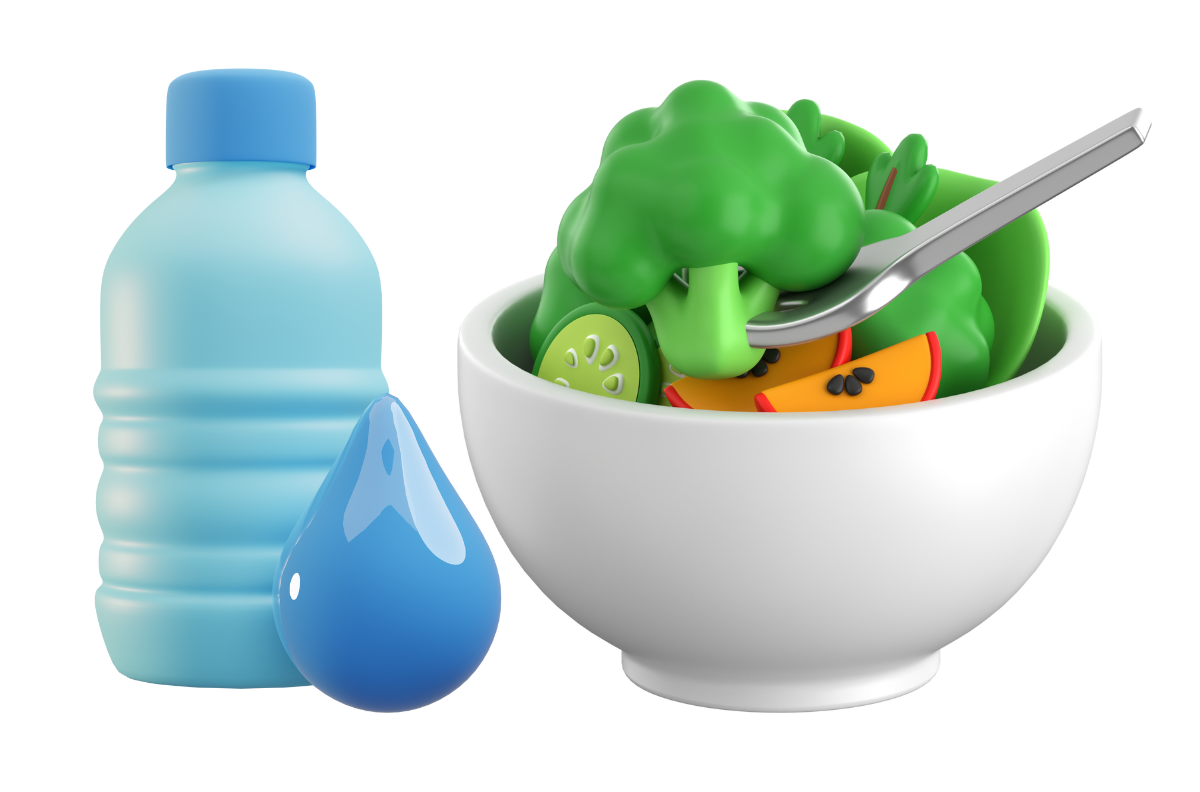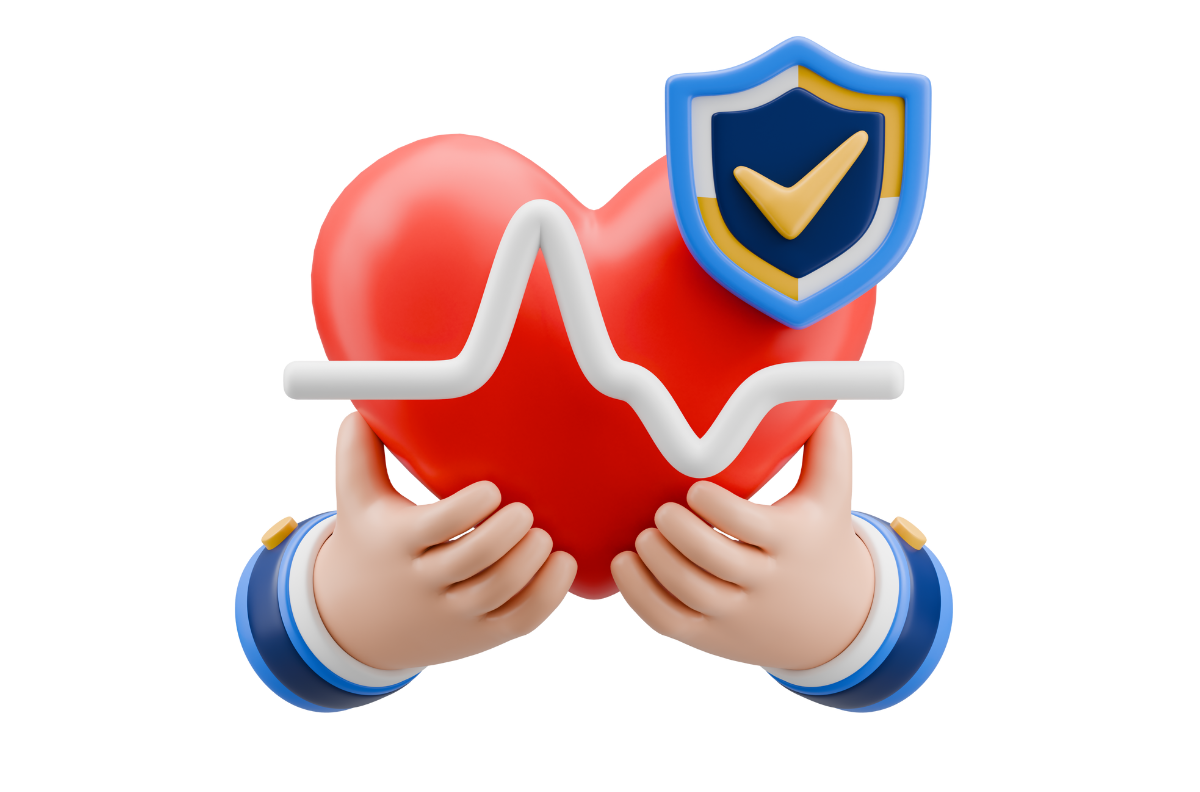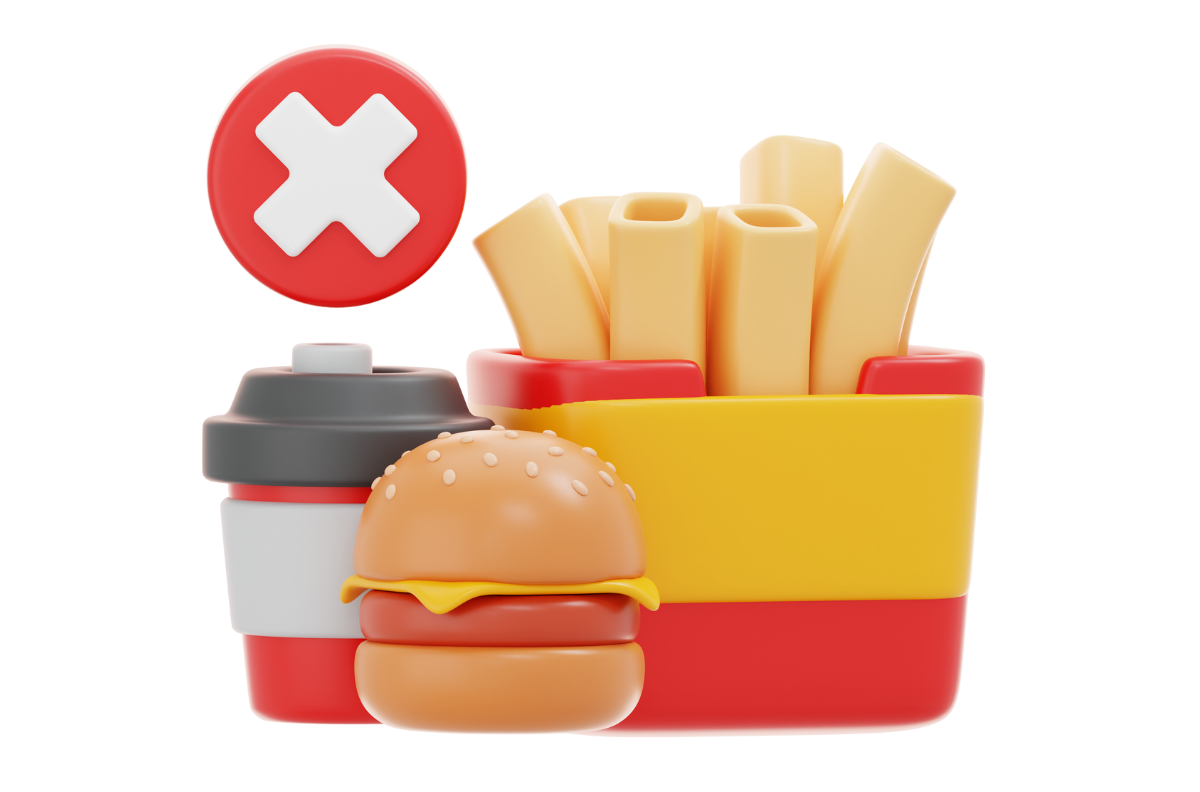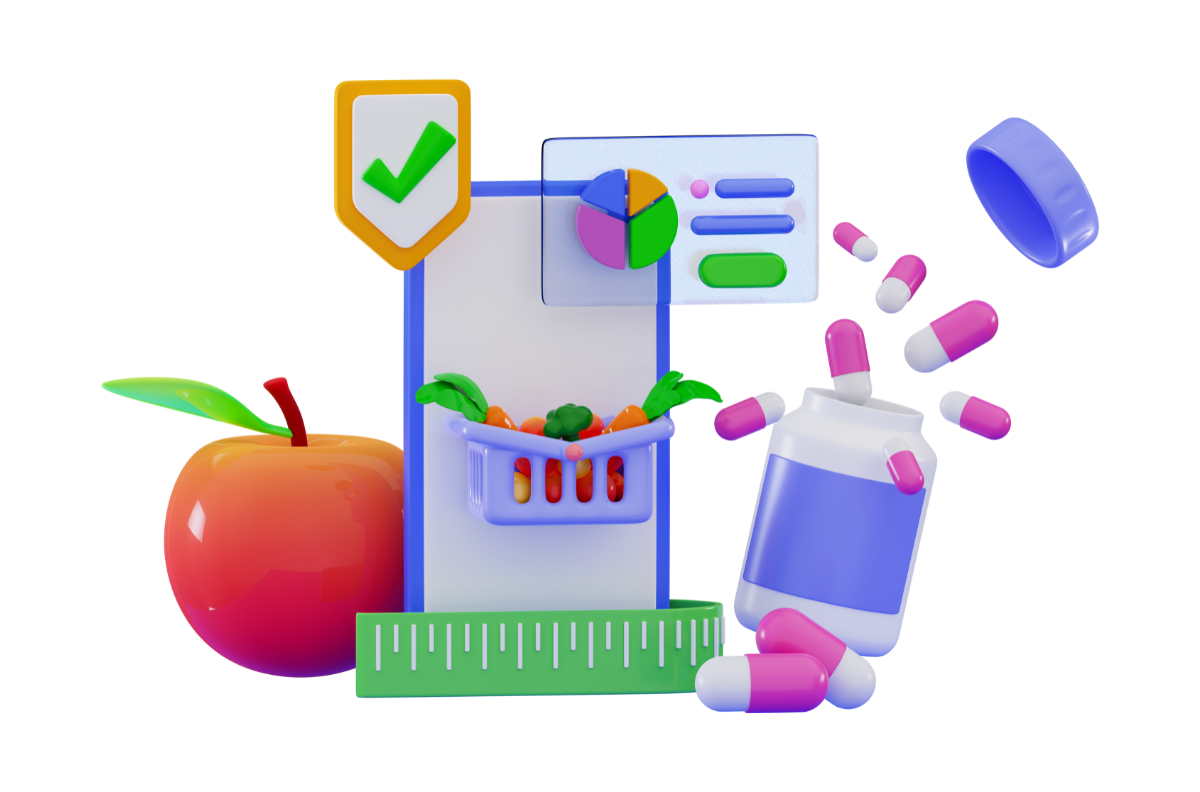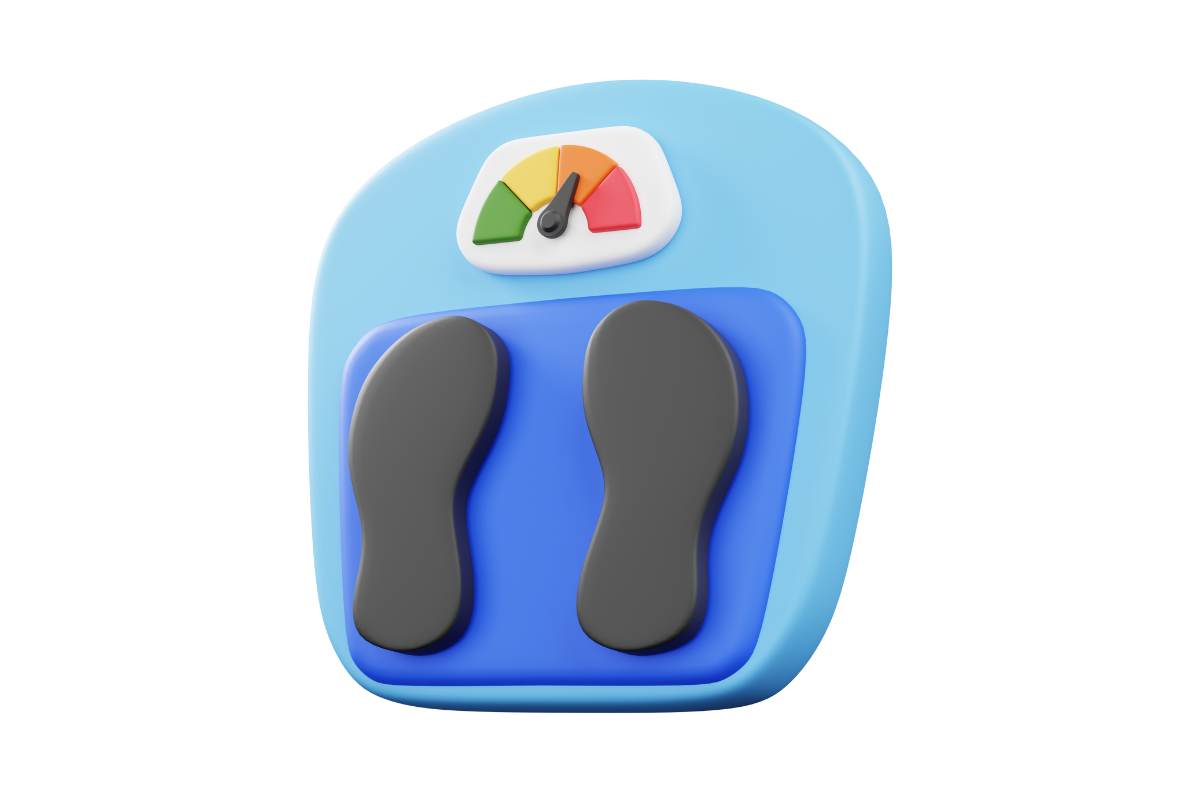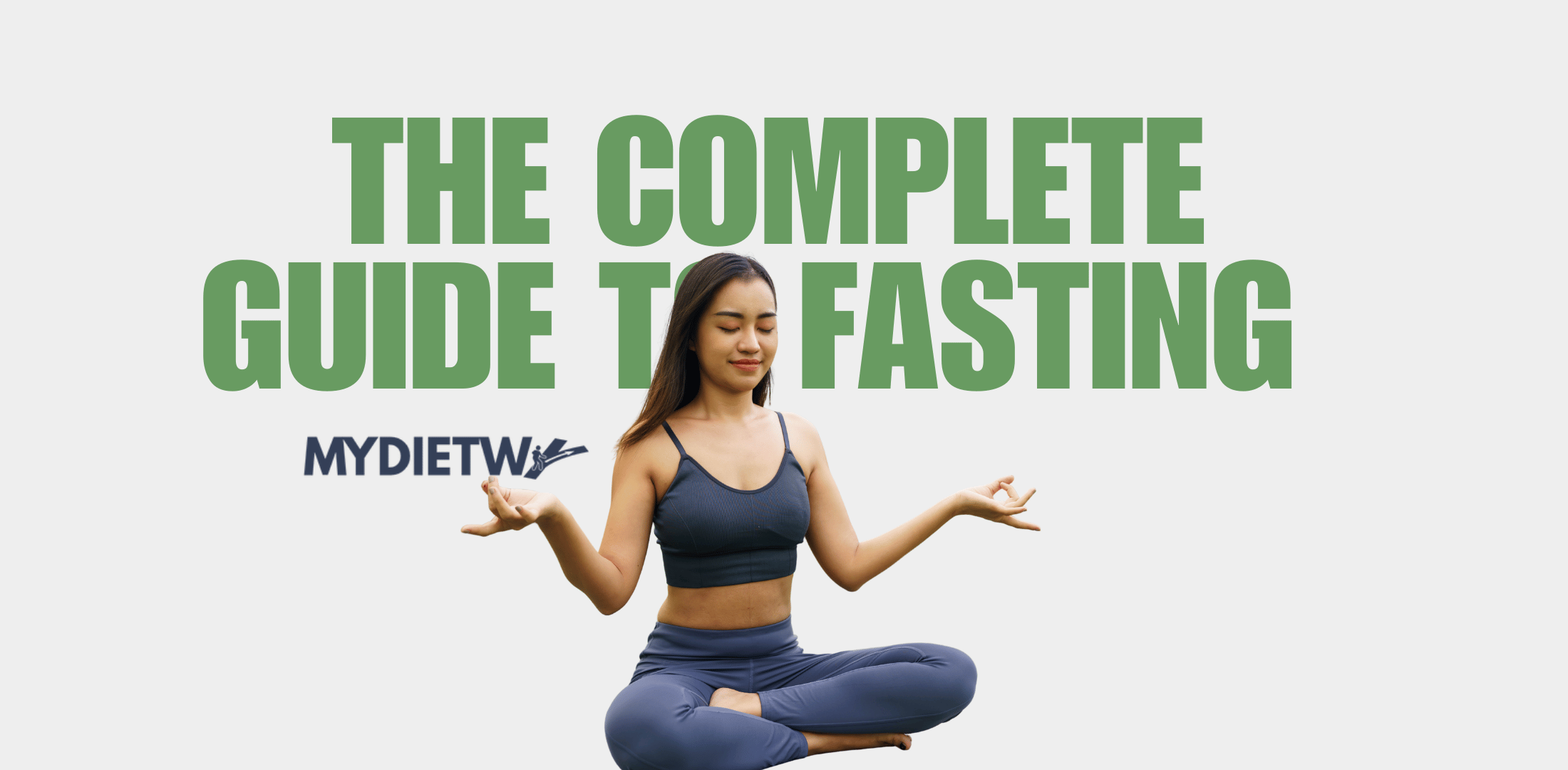Fasting has been practiced for thousands of years for spiritual, cultural, and health reasons. In recent years, it has transformed into one of the most researched and popular diet strategies worldwide.
The fasting diet isn’t about what you eat — it’s about when you eat. stay with Mydietway
From intermittent fasting (IF) to extended fasts and time-restricted eating (TRE), fasting diets promise:
-
Weight loss
-
Hormonal balance
-
Longevity benefits
-
Improved energy and focus
But are these claims science-backed, or just hype?
And how do you know which fasting method is right for you?
This guide covers everything you need to know about fasting diets — benefits, risks, types, meal planning, and practical tips — so you can make an informed decision.
🧬 What Is a Fasting Diet?
A fasting diet is any eating pattern where you alternate between periods of fasting (not eating) and periods of eating.
Unlike traditional diets that focus on calories or food groups, fasting emphasizes timing.

🔑 Key Principles:
-
Fasting allows the body to use stored fat for energy.
-
During fasting, insulin drops and growth hormone rises, triggering fat burning.
-
Fasting may activate autophagy (cellular repair process).
⏳ Types of Fasting Diets
There are many fasting variations, but these are the most common:
1. Intermittent Fasting (IF)
The most popular form of fasting diet.
-
16:8 Method: 16 hours fasting, 8-hour eating window.
-
14:10 Method: Beginner-friendly version.
-
20:4 (Warrior Diet): 20 hours fasting, 4-hour eating.
2. Alternate-Day Fasting (ADF)
-
Eat normally one day.
-
Fast (or eat < 500 calories) the next day.
3. 5:2 Diet
-
Eat normally 5 days per week.
-
Restrict to 500–600 calories 2 days per week.
4. Time-Restricted Eating (TRE)
-
Similar to intermittent fasting, but based on circadian rhythm.
-
Example: Eating only between 10 a.m. and 6 p.m.
5. Extended Fasting
-
Lasts 24, 48, or 72 hours or more.
-
Used occasionally for therapeutic benefits.
⚠️ Long fasts should be medically supervised.
✅ Benefits of Fasting Diets (Science-Backed)
Fasting diets have been studied for multiple health outcomes.
1. Weight Loss & Fat Burning
-
Fasting reduces calorie intake naturally.
-
Low insulin promotes fat mobilization.
-
Studies show intermittent fasting is as effective as calorie restriction for weight loss.
2. Improved Insulin Sensitivity & Blood Sugar Control
-
Helps prevent Type 2 Diabetes.
-
Lowers fasting glucose and HbA1c in some individuals.
3. Cellular Repair & Longevity
-
Fasting activates autophagy, a process where cells recycle damaged components.
-
Linked to anti-aging effects in animal studies.
4. Better Heart Health
-
May lower blood pressure.
-
Reduces cholesterol and triglycerides.
5. Brain Function & Mental Clarity
-
Ketones produced during fasting fuel the brain.
-
Some report better focus and reduced brain fog.
6. Reduced Inflammation
-
Research suggests fasting lowers inflammatory markers.
⚠️ Risks and Side Effects of Fasting Diets
Fasting is not suitable for everyone. Risks include:
-
Hunger & Irritability (common in the beginning).
-
Headaches & Fatigue during adaptation.
-
Nutrient Deficiency if meals are poorly planned.
-
Muscle Loss if protein intake is too low.
-
Disordered Eating Risk for vulnerable individuals.
🚫 Not recommended for:
-
Pregnant or breastfeeding women
-
People with eating disorders
-
Individuals with certain chronic illnesses (consult a doctor)
🍎 What to Eat on a Fasting Diet (During Eating Window)
While fasting focuses on timing, food quality matters.
✅ Recommended Foods
-
Protein: Lean meats, fish, eggs, legumes (if not on keto).
-
Healthy fats: Avocado, nuts, seeds, olive oil.
-
Vegetables: Leafy greens, broccoli, cauliflower.
-
Whole foods: Minimal processed carbs, high-fiber options.
❌ Foods to Limit
-
Sugary snacks & drinks
-
Refined carbs (white bread, pasta)
-
Processed junk food
💡 Pro Tip: A balanced plate (protein + healthy fat + fiber) helps control hunger.
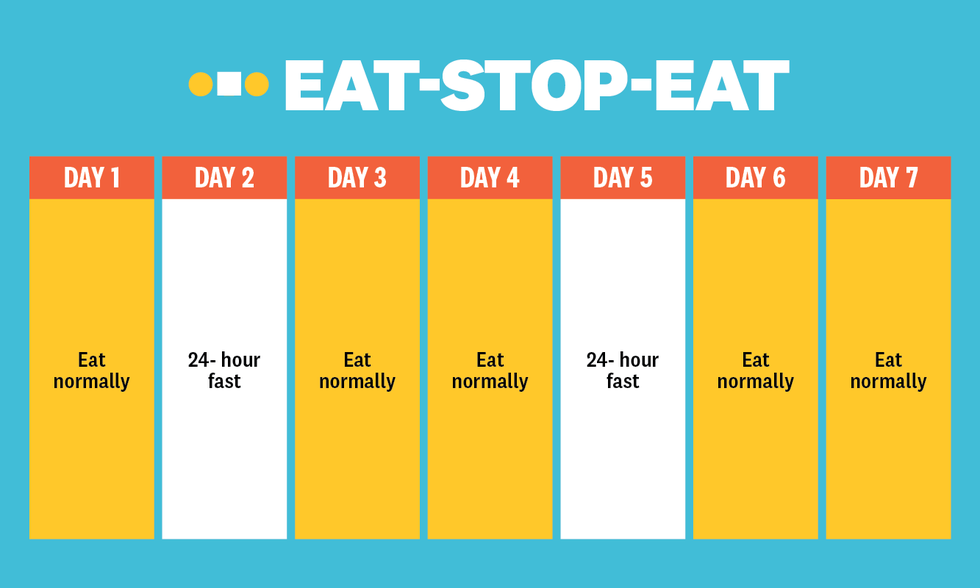
fasting diet
🥤 What Can You Drink While Fasting?
During fasting windows, only zero-calorie drinks are allowed:
-
✅ Water
-
✅ Black coffee
-
✅ Unsweetened tea
-
✅ Sparkling water
🚫 Avoid: juices, soda, milk, alcohol (they break the fast).
🥗 Sample 7-Day Intermittent Fasting Plan (16:8)
Day 1
-
Eating window: 12 p.m. – 8 p.m.
-
Lunch: Grilled chicken + quinoa + vegetables
-
Snack: Almonds + Greek yogurt
-
Dinner: Salmon + avocado salad
Day 2
-
Eating window: 1 p.m. – 9 p.m.
-
Lunch: Beef stir-fry + cauliflower rice
-
Snack: Hard-boiled eggs + cucumber slices
-
Dinner: Chicken thighs + roasted broccoli
(Continue with different variations for 7 days…)
🏋️ Exercise and Fasting: Do They Work Together?
Yes — but timing matters.
-
Fast + Strength Training: Great for fat burning but may require pre/post-protein.
-
Cardio While Fasting: Burns fat effectively.
-
HIIT: Best done near eating window for recovery.
💡 Some athletes combine fasting with Keto for maximum fat adaptation.

🔄 Fasting Diet vs. Other Diets
| Feature | Fasting Diet | Keto Diet | Low-Carb Diet |
|---|---|---|---|
| Focus | Meal timing | Low carbs, high fat | Moderate carbs |
| Flexibility | High (eat what you want) | Restrictive | Moderate |
| Main Benefit | Fat loss, longevity | Ketosis, fat burning | Steady energy |
| Risks | Hunger, nutrient gaps | Keto flu, deficiencies | Hard to sustain long-term |
📚 Scientific Studies on Fasting Diets
-
NEJM 2019 Study: Intermittent fasting improves metabolic health.
-
JAMA 2020 Study: Time-restricted eating leads to moderate weight loss.
-
Cell Metabolism 2022: Fasting linked to longevity benefits in animals.
While results are promising, more long-term human studies are needed.
❓ Fasting Diet FAQs
1. How long should I fast to see results?
Most people notice changes within 2–4 weeks.
2. Can I build muscle on a fasting diet?
Yes — if you eat enough protein and train with resistance.
3. Will fasting slow down my metabolism?
No — short-term fasting may boost metabolism slightly. Prolonged extreme fasting could lower it.
4. Can I do fasting every day?
Yes, intermittent fasting can be a sustainable daily lifestyle.
5. Is fasting better than calorie counting?
Both work. Fasting is easier for some because it reduces eating windows naturally.
🧠 Expert Tips for Success with Fasting Diets
-
Start with 12:12 (12 hours fasting, 12 eating).
-
Stay hydrated (add electrolytes if needed).
-
Plan meals to avoid overeating during eating windows.
-
Be flexible — fasting should fit your lifestyle.
-
Track progress (weight, energy, blood sugar, sleep).
🎯 Conclusion: Is the Fasting Diet Right for You?
The fasting diet is more than a trend — it’s a science-backed lifestyle with benefits for weight loss, energy, and long-term health.
👉 It’s best for:
-
People struggling with calorie restriction
-
Those who want flexibility in food choices
-
Individuals interested in longevity and metabolic health
👉 But not ideal for:
-
People with eating disorders
-
Pregnant or breastfeeding women
-
Individuals with certain medical conditions
Final Thought:
Fasting diets are powerful when done correctly. By combining fasting with balanced nutrition, exercise, and healthy habits, you can transform your health and maintain results long-term.
References

